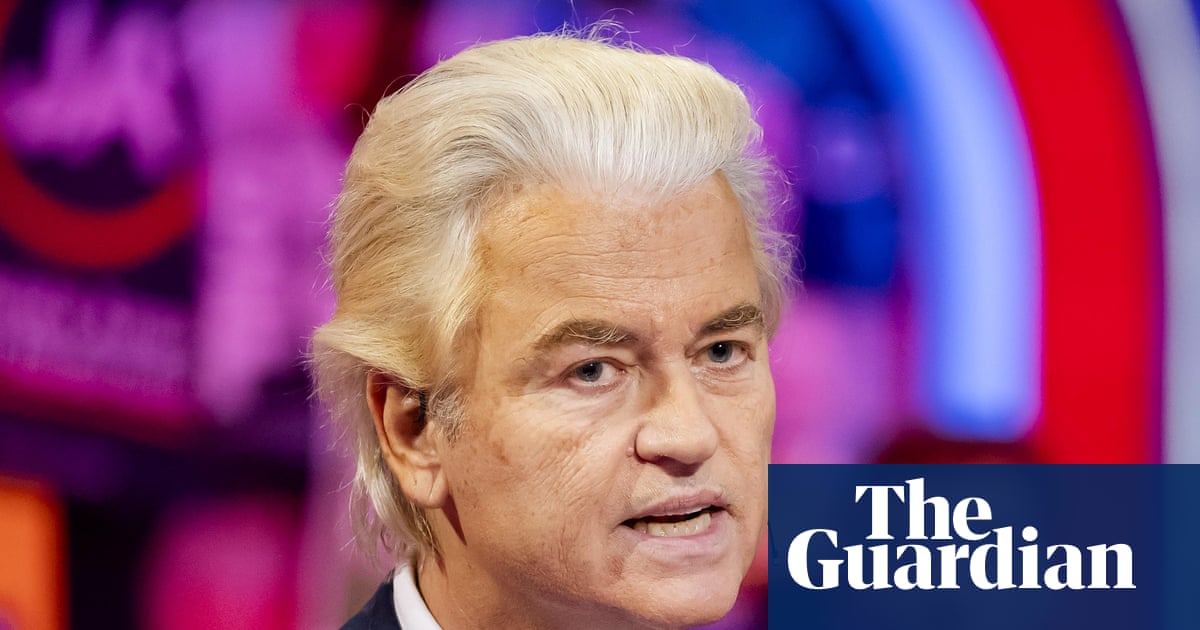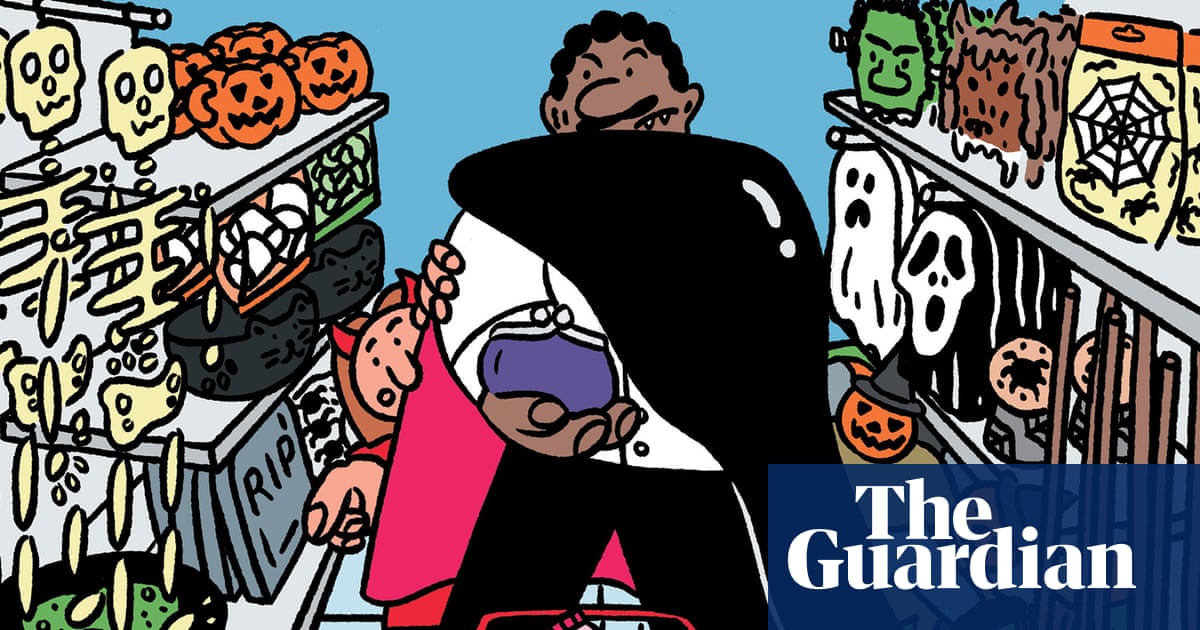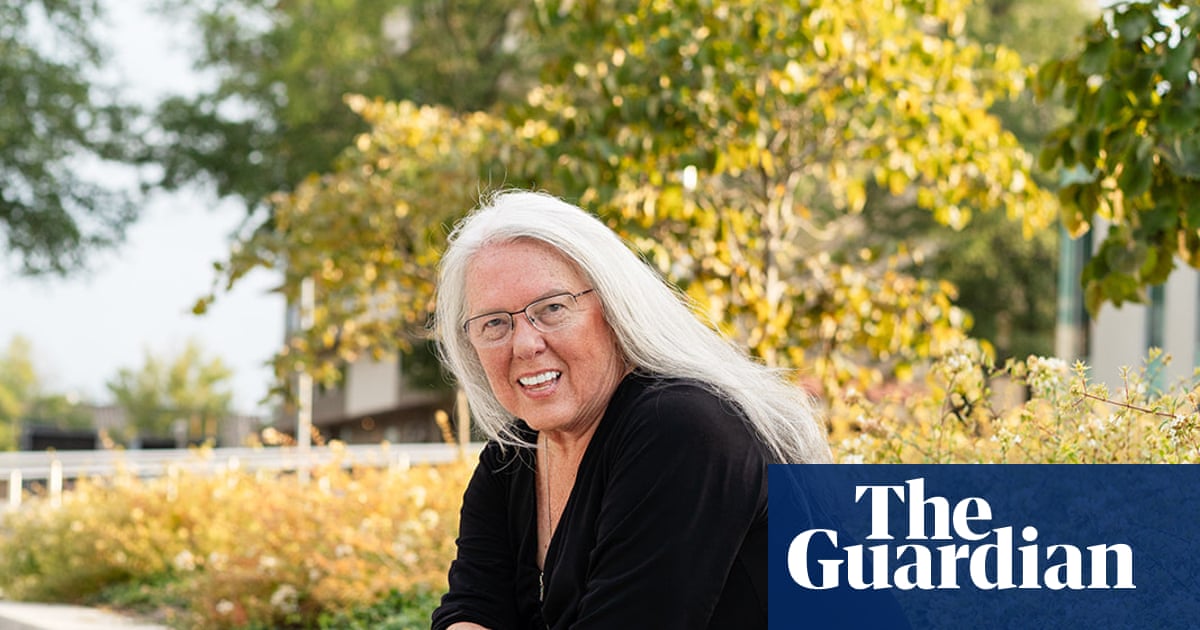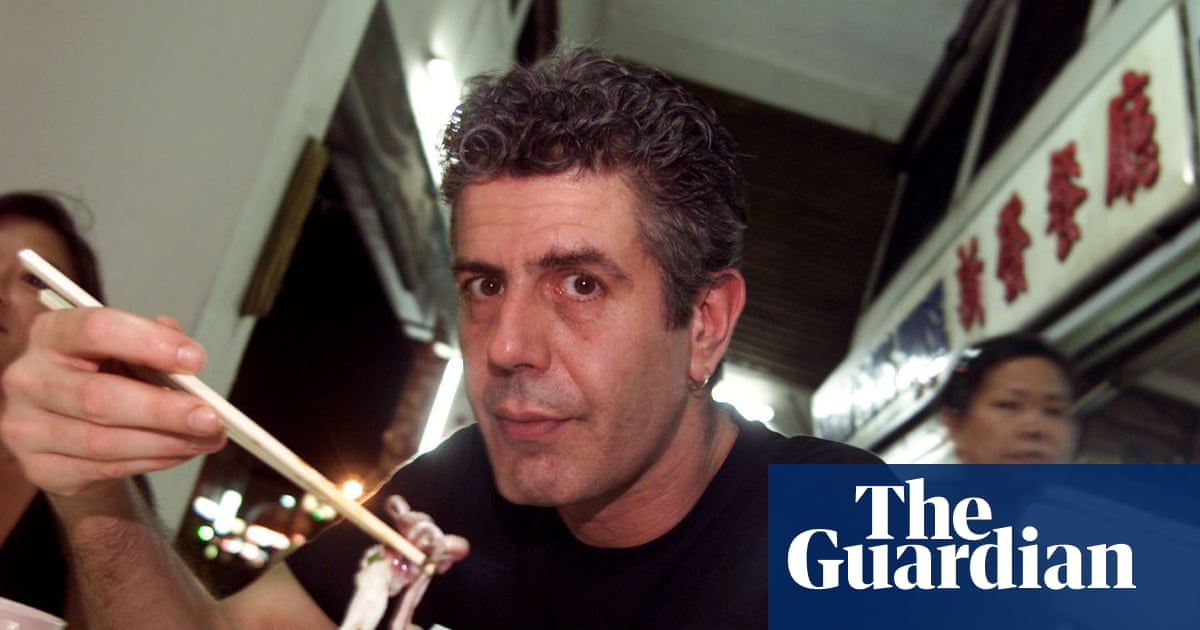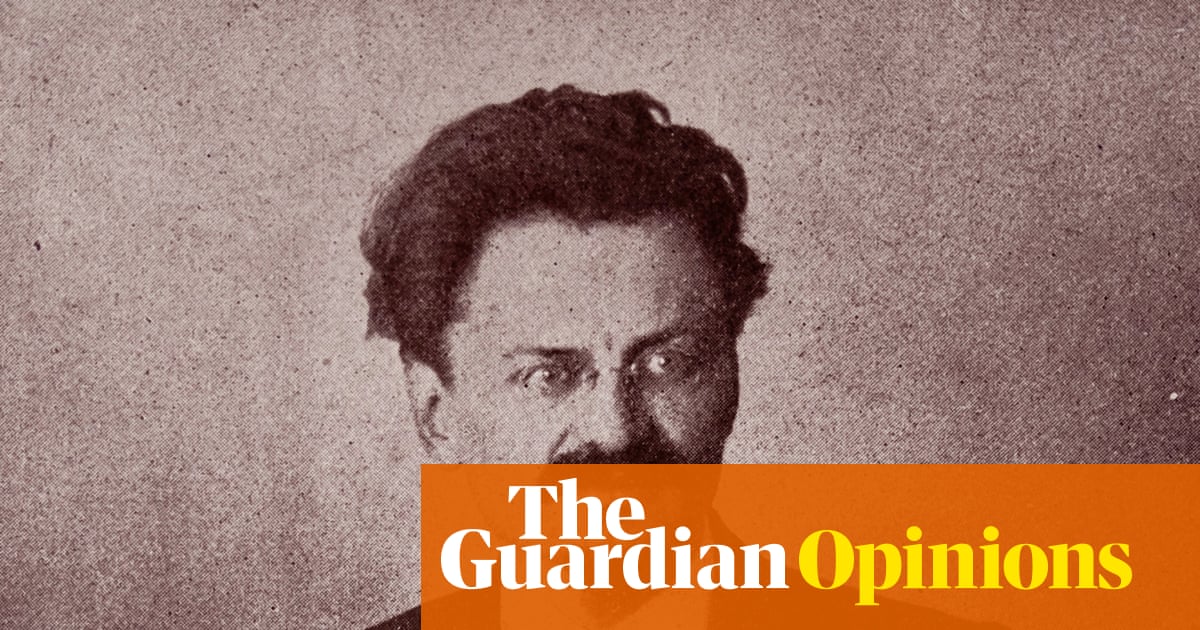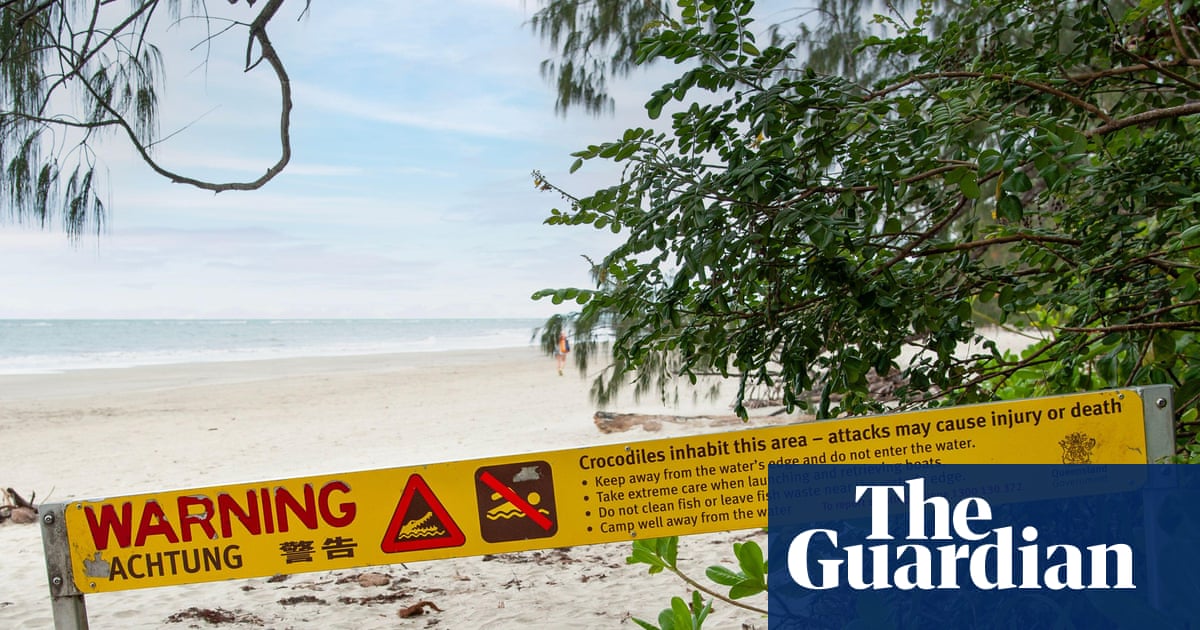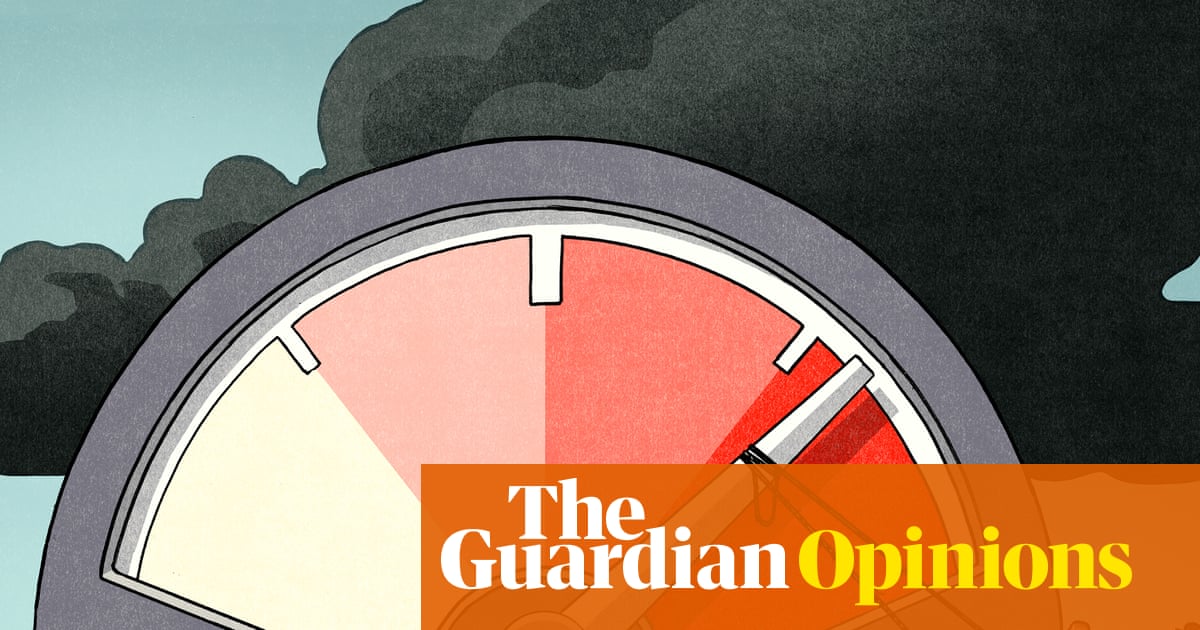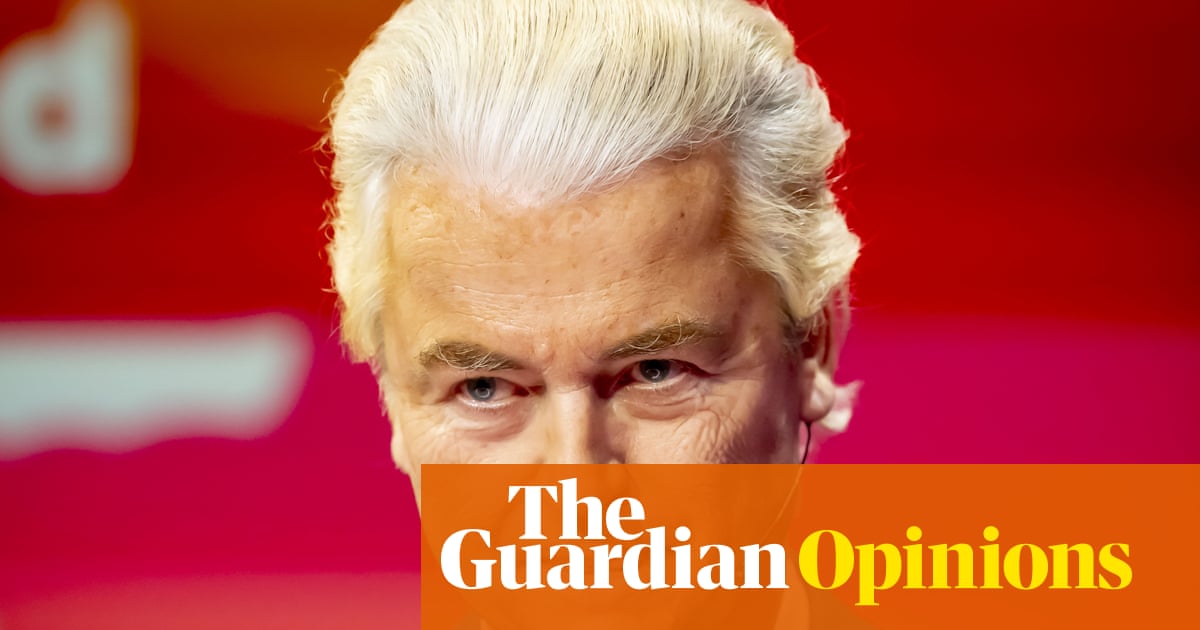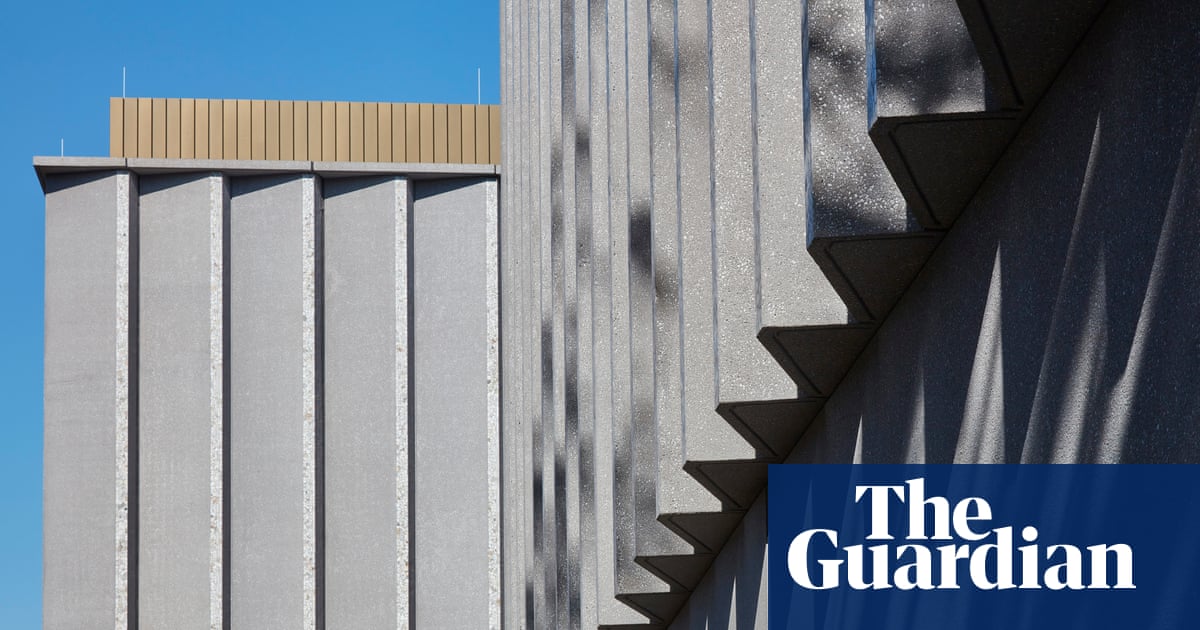It would be reasonable to assume that people who move from one EU country to another in search of work and opportunity are among the union’s most reliable supporters. Freedom of movement within the 27-nation bloc is, after all, one of the big advantages of EU citizenship. But Romania’s diaspora has recently upended that theory.
With about a quarter of its 19 million citizens living abroad, mostly in western Europe, Romania has the largest diaspora in the EU. About two-thirds are economic migrants: picking fruit in Andalusia, caring for elderly people in Vienna, laying bricks in Brussels. In 2023 alone they sent home €6.5bn in remittances, almost 3% of Romania’s GDP, sustaining communities across the country.
In Romania’s tense presidential re-run in May, the pro-Europe candidate, Nicușor Dan, carried the election, seeing off his far-right Eurosceptic challenger, George Simion, in the decisive round. After months of political chaos, the outcome drew sighs of relief across the EU. Complacency would be deeply unwise, however, because among Romanian voters abroad, Simion was the clear winner, scoring nearly 70% of the vote in diaspora-heavy countries such as Germany, Italy and Spain.
For years, Romania’s diaspora mostly supported centrist, pro-European candidates. So why would nearly 1 million of them embrace a candidate who questions Romania’s place in the EU? Simion’s inflammatory past statements about the EU include: “We don’t want to be secondhand citizens of this new Soviet Union.” Among Romanians working abroad, such sentiments appear to have struck a chord.
The answer, for me, lies in years of political neglect: from Bucharest, host countries and Brussels alike, many Romanians feel invisible and unheard. The pandemic and the cost-of-living crisis deepened their discontent, which the far right has fanned and weaponised through disinformation and emotional manipulation, turning it into a potent political force.
“I know how hard it was for you to leave – your parents, your children, your roots,” Simion said in a campaign video addressed to diaspora voters in April. “You are our nation’s greatest wealth. Without you, we cannot rebuild anything that will endure.” Despite their crucial role in the prosperity of Romania and the EU at large, these migrant workers remain politically marginalised and underrepresented. The Turkish diaspora’s support for Recep Tayyip Erdoğan offers a cautionary parallel: alienation abroad can harden into authoritarian sympathy at home.
Had the Romanian election been solely an indictment of the country’s political establishment, Dan, with a record of fighting corruption as Bucharest’s mayor, would surely have won more diaspora votes than Simion. But the opposite happened, because this vote was perceived to be more about dignity, recognition and a deep emotional reckoning than it was about anti-establishment credentials. For decades, the state’s message to Romanians abroad has been blunt: send remittances, give us your vote, but don’t expect representation.
For years, state-funded organisations that supposedly support Romanians abroad have done little to meet the pressing needs of workers in host countries, such as legal aid, or Romanian language classes for children.
Governments of the countries Romanians typically move to have not done much better. Despite theoretically enjoying equal treatment with workers in the host countries and protection from discrimination, Romanians in practice often face exploitative conditions, social exclusion and scant access to public services. For many of them, the promise of European opportunity has become a reality of European marginalisation.
The pandemic made matters worse, as many, especially those in precarious or seasonal work, were excluded from social protection, healthcare and financial aid in their host countries, while Romanian authorities actively discouraged them from returning home. Rising inflation and the cost-of-living crisis led to remittances falling sharply in 2024.
This dual alienation created fertile ground for the far right – which Simion has exploited since founding AUR (the Alliance for the Union of Romanians) in 2019. True, by the 2024 presidential race, Simion’s outsider appeal had faded, and he finished fourth in the first round of voting.
But Simion was eclipsed by another ultra-nationalist, Călin Georgescu, who called the EU a “pile of shards”. Georgescu also channelled diaspora discontent, but with even more radical language. Rejecting the “diaspora” label, he called workers abroad “the other Romania”, saying they were the country’s biggest investor and urging them to return. On social media, his promises were turbocharged by disinformation.
after newsletter promotion
It worked: in November 2024, Georgescu unexpectedly won the presidential election’s first round. Romania’s constitutional court annulled the election, citing foreign interference. Georgescu was consequently barred from entering the rescheduled 2025 race. For many abroad, this felt like yet another elite betrayal, which allowed Simion to inherit his base.
With Dan now president, the diaspora’s grievances are still simmering. A real shift is required: Romania must treat its diaspora as a political constituency in its own right, with sustained engagement and representation. At the EU level, a similar rethink is needed: diasporas must be recognised not just as economic agents, but as full political actors.
Action will certainly be difficult in an era where the far right is advancing not just at home, but in Brussels. The surge in votes for far-right parties in the 2024 European elections made that clear. But the warning signs are flashing red. Leaders from Bucharest to Brussels only have a narrow window to respond. The alternative – continued far-right mobilisation of diaspora communities – threatens not just individual countries, but the European project as a whole.
If the EU cannot maintain the loyalty of its own migrant workers, its long-term survival must surely be in doubt.
-
Raluca Besliu is a Romanian journalist based in Brussels

 3 months ago
63
3 months ago
63



